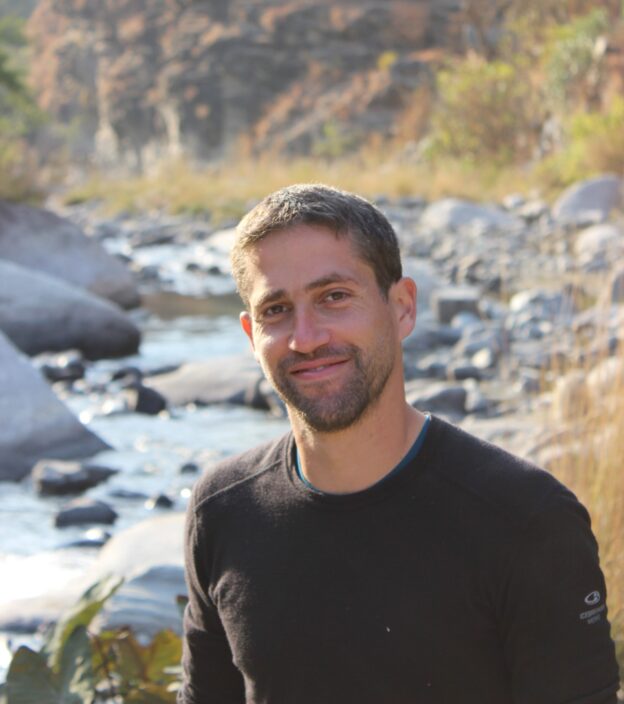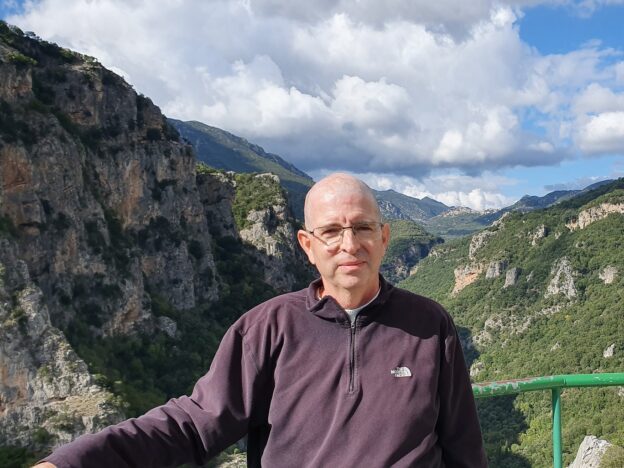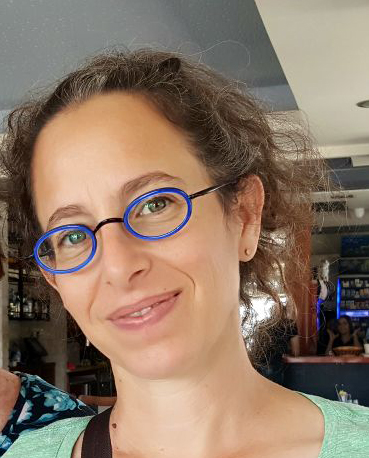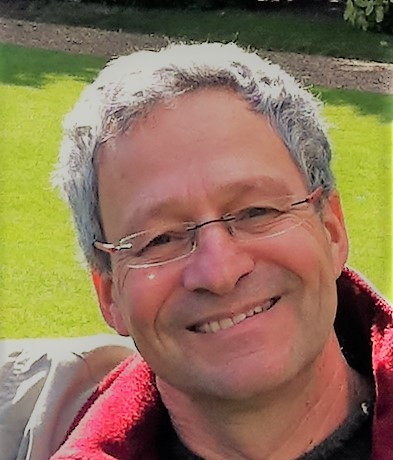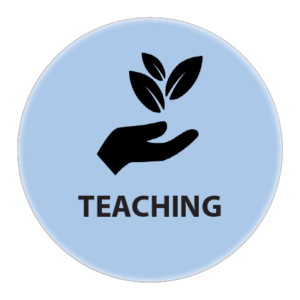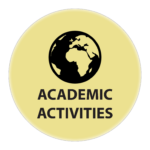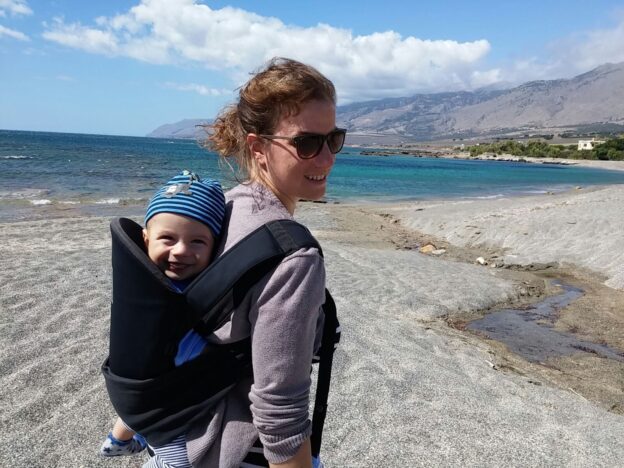Top
I feel privileged to be able to study subjects that are most important for our future, as well as most complex and interesting. Ecosystems are changing rapidly at many scales, posing major challenges of monitoring, understanding, and mitigation strategies; all of which provide exciting research opportunities. Three major aspects characterize my academic activity:RESEARCH
RESEARCH
RESEARCH
I. Paradigm-shifts: A most unique moment in a scientist’s work is when one identifies findings that contradict the prevailing paradigm and is able to propose an alternative (incipient) paradigm, within which such data could be reframed. In my career, I had so far two such exciting moments, that culminated in two respective publications, challenging the ‘optimal foraging’ paradigm (Carmel and Ben Haim, American Naturalist 2005) and the ‘competitive exclusion’ principle (Carmel et al. Oikos 2017), respectively.
II. Scientific fields: My lab explores diverse subjects (full list in CV). Click here for current research projects; see below two of my favorite research domains.
Two major research domains
(1) Vegetation Dynamics: I developed a methodology for the study of long-term (30-80 years) changes in vegetation at fine scales (15-20 cm), using computerized classification of B/W and color aerial photos, followed by advanced statistical analyses, in order to quantify the factors affecting vegetation dynamics (here are the respective publications). This methodology was later adopted by numerous researchers, as evidenced by the 300+ citations of these articles (Scopus, 12-2018).
(2) Spatially-explicit mathematical models for management of natural resources. (i) We developed a predictive fire-risk model based on Monte-Carlo simulations of fire behaviour. This model was put to test under unfortunate circumstances, with the tragic 2010 Mount Carmel wildfire occurring just two years after its publication. (ii) Spatial models of biodiversity to aid decision-making. (iii) Spatial models of air-pollution, ecosystems, and others. (iv) Error-propagation models to evaluate the overall accuracy of temporal changes inferred from remote sensing products. These models were cumulatively cited nearly 700 times (Scopus, 12-2018).
Top of page
TEACHING
TEACHING
Let us face it: current students do not really need professors anymore, at least not as the sole source of knowledge. They do need us, however, as a source of guidance in a world of information explosion. Academic teaching needs to change accordingly. In each of the three courses that I teach, I adopt a different strategy towards that end:
In ‘Plants and Environment’ (Hebrew syllabus), the subject matter serves as the setting, where the major focus is on supervised practicing of three major skills: (1) searching for relevant literature, (2) separating the wheat from the chaff within the articles, (3) the art of presentations, and (4) scientific writing.
In ‘Ecosystems’ (Hebrew syllabus), the students practice a mini-research project, from inception to reporting; at each stage, they work independently at first, while their interim product is subject to my (gentle) scrutiny.
‘Ecology for Engineers’ (Hebrew syllabus), is perhaps the only course in the ‘Environmental Engineering’ curriculum, where extensive and guided reading of textbook chapters is a major component. The students are motivated to read in English (which is not trivial for most of them) by mini-exams that yield bonuses to their final grade.
Top of page
ACADEMIC ACTIVITIES
I. Nurturing next-generation scientists: My alumnii graduate students and postdocs are a source of great pride for me. Three of them have become faculty members in Israeli universities, while five others work in key positions concerning natural resource management in Israel (Israel Ministry of Environment, KKL, INPA, etc).
II. Renewing and leading ISEES: I served as the chair of the Israel Society of Ecology and Environmental Science (ISEES) 2006-2010. During this period, we have transformed ISEES into a vibrant and active society with a new focus, namely the interface between science and decision-making. Towards this end, we have re-established the professional journal in Hebrew, ‘Ecology and Environment‘, initiated the MIMSHAK program of incorporating young scientists in government agencies, Expert Opinion Forums, and other initiatives.
III. Other activities: Among other activities, I chaired the first Scientific Committee of KKL (Israel Forest Authority) (2015-2017), served in the editorial boards of Conservation Biology and PLOSONE, and in various science evaluation panels including those of the ISF, and BSF. A currently most exciting endeavor is The BatSheva De Rothschield Seminar on Socio-Technological Evolution of the Human Species, which I lead, see details here[i].
Top of page

